A journal is more than just a notebook. It’s a safe place to pour your heart and soul on a piece of paper or two. Make it a daily habit and you will reap the benefits of less stress and a clearer mind.
That said, the easiest part is starting. The hardest part is sticking with it.
Don’t worry — we’ll go over everything you need to know about journaling for beginners and share some of our best journaling tips. Let’s get started!
How to Start a Journal
Staring at a blank page can be intimidating. Before starting, it’s important to ask yourself one question: why? More specifically, why do you want to journal?
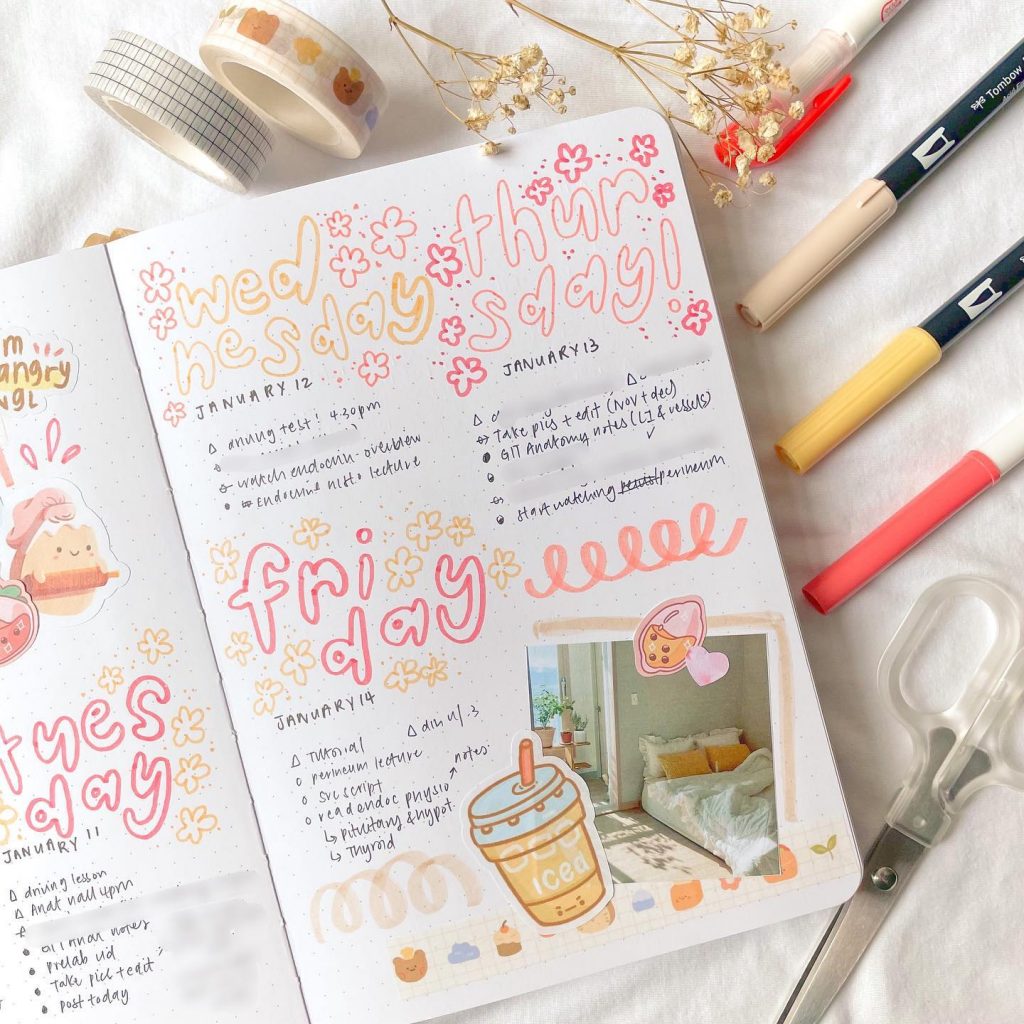
Think about what you want to accomplish. Journaling is not a one-size-fits-all solution when approached from the same direction as others—your answer may be different.
Maybe you want to journal to relieve stress. Or perhaps you just want a change in your morning routine and want to swap your phone for a screen-free alternative. Maybe you want to work on your expressive writing.
And remember, this is for your eyes only. Don’t worry about how messy your handwriting is or if what you write down isn’t grammatically correct. It’s not about being right, it’s about being honest.
Creating a Writing Routine
Again, this is all about setting a time and place right for you. The length of your entries isn’t what matters, sticking with a routine is. You want it to become as regular as brushing your teeth every single day.
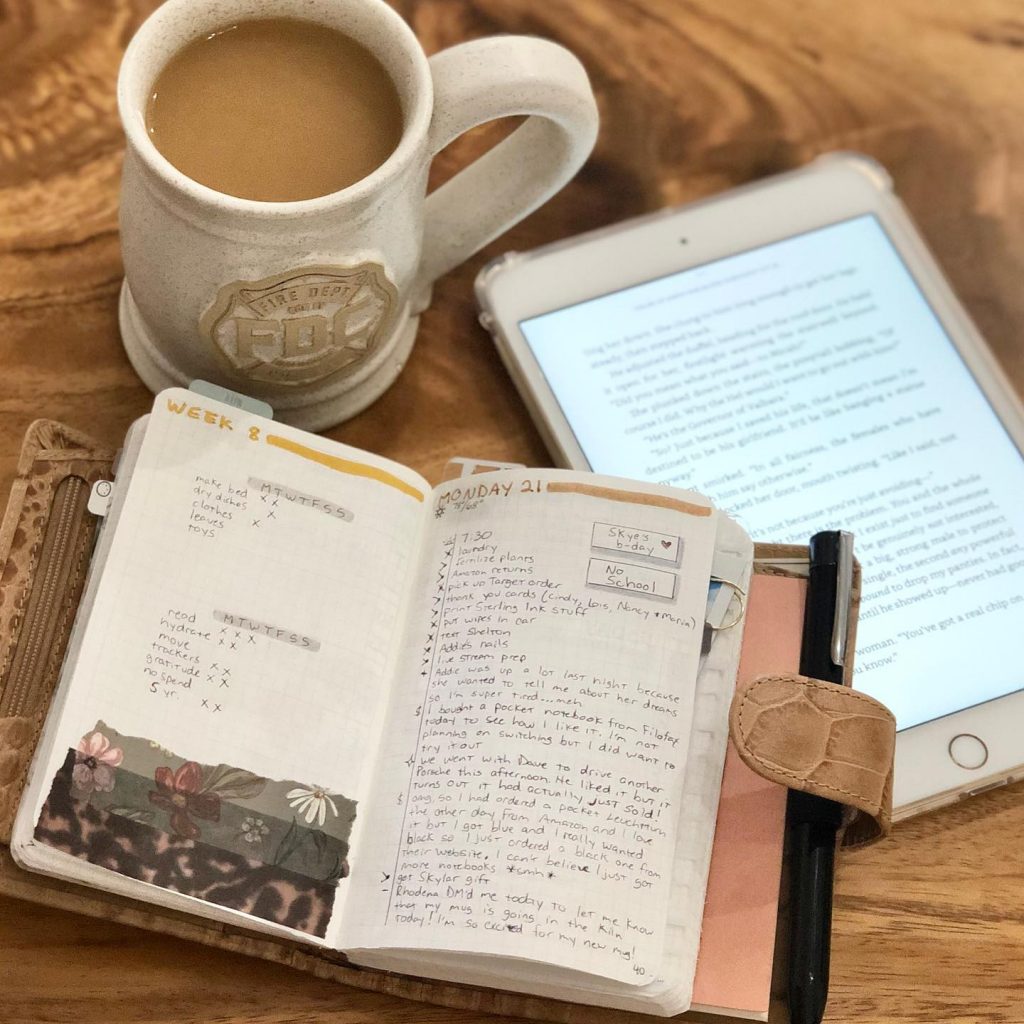
If you’re racking your brain for what free time you have available, start with the basics. The best way is to figure out if you would prefer to write in the morning, afternoon, or night? Will you write on a daily basis or just a couple of times a week?
Now, dig a little deeper. Is there a specific time and place you’d like to make journal entries? It could be on the subway on the way to work or at night at the dining room table when the world goes quiet. Perhaps you like prefer creating morning pages as soon as you wake up.
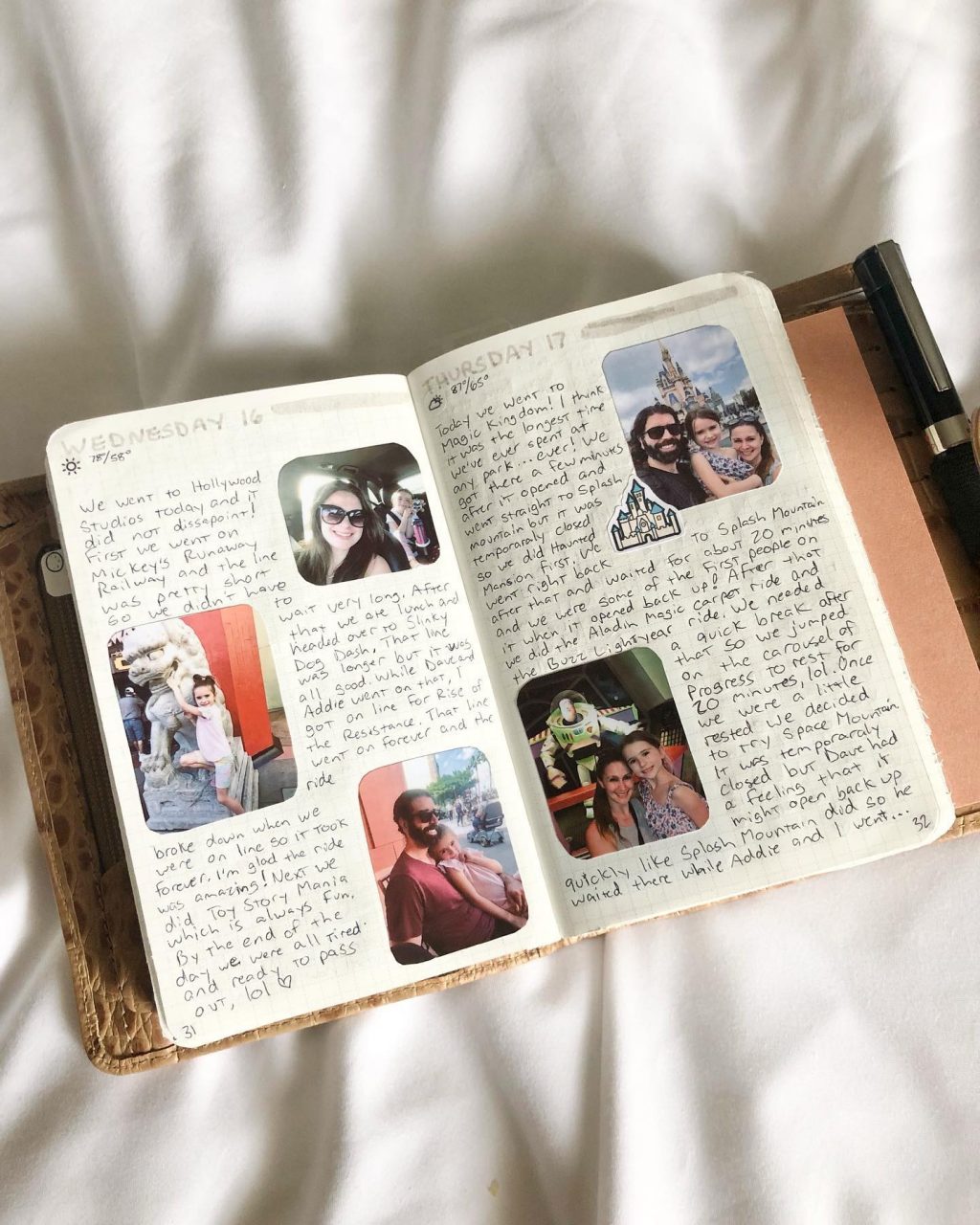
Some place and time for your journaling practice where you won’t be interrupted is ideal.
However, don’t get down on yourself if you skip a day or two. There are no rules to this… just pick up your pen the next day. You also don’t have to explain where you’ve been or what prevented you from writing if you don’t want to—you can get straight to whatever weighs heaviest on your chest.
Different Types of Journals
The best journals are the ones that you put your soul into. Because this is yours and only yours, it’s okay to go about journaling differently. There are no concrete rules you can fail to meet. In fact, put failure out of your mind completely.
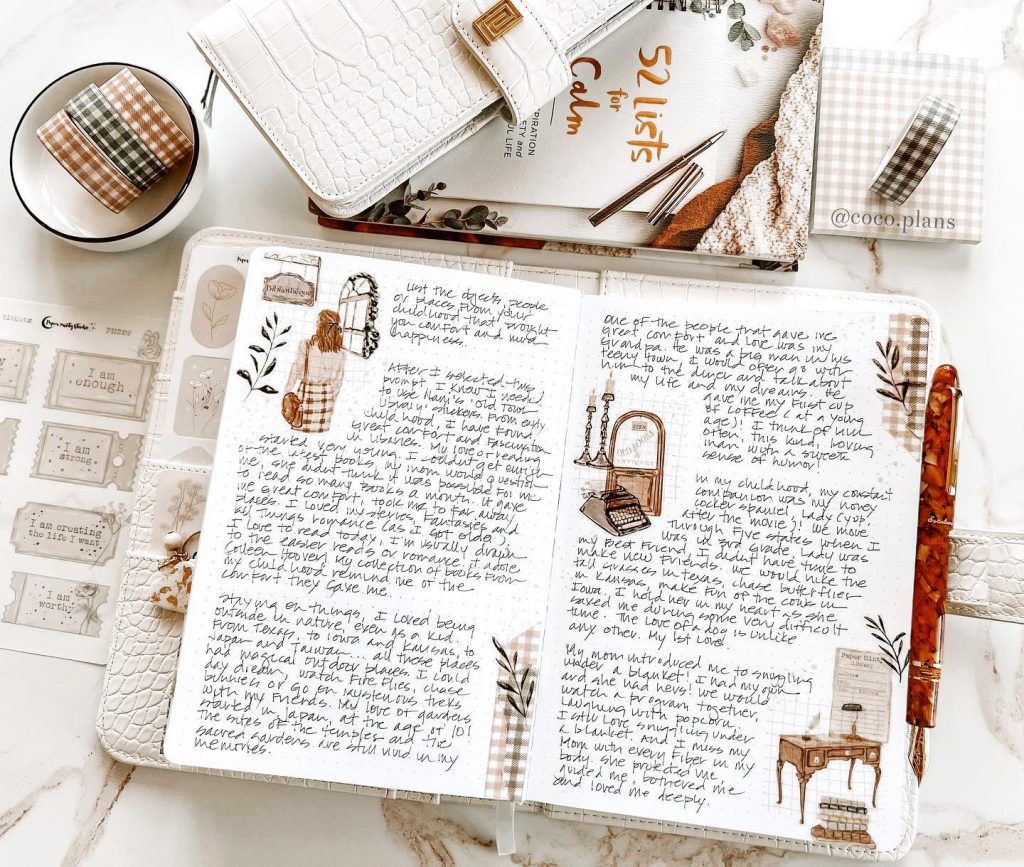
For starters, your new journal doesn’t have to be a notebook. You can choose lined, blank, or grid paper. It can be a sketchbook. I’ve even seen some people use thrifted books (yes, actual novels) to draw, write, and collect trinkets in.
Bullet journals are an attractive option for the many ideas you can find online for making your journal extra special.
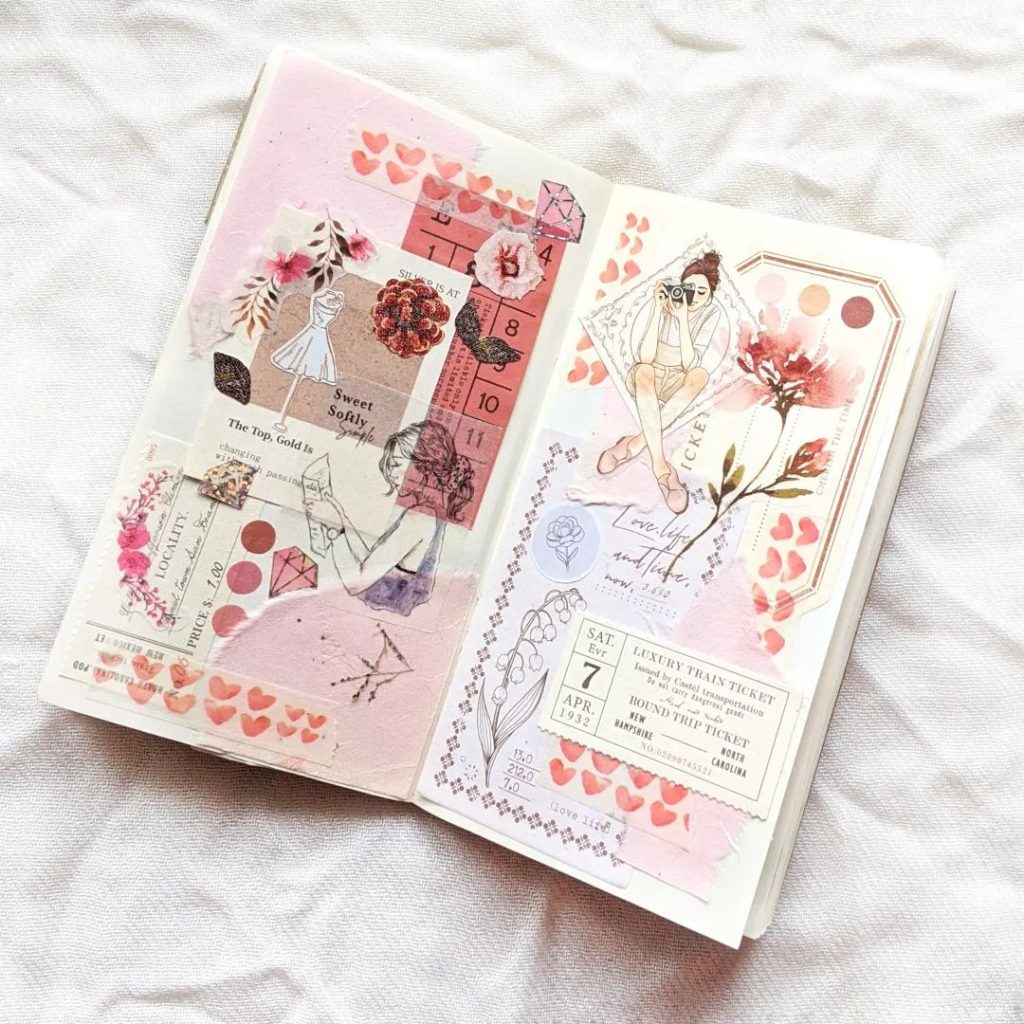
Speaking of drawing, break out your art kit! Draw, paint, or collage your feelings instead. And don’t think it has to be a physical book of some kind either. You can use a tablet and a note-taking app and create a digital journal.
Your entries don’t have to be formal either. You don’t have to start every new page the same way.
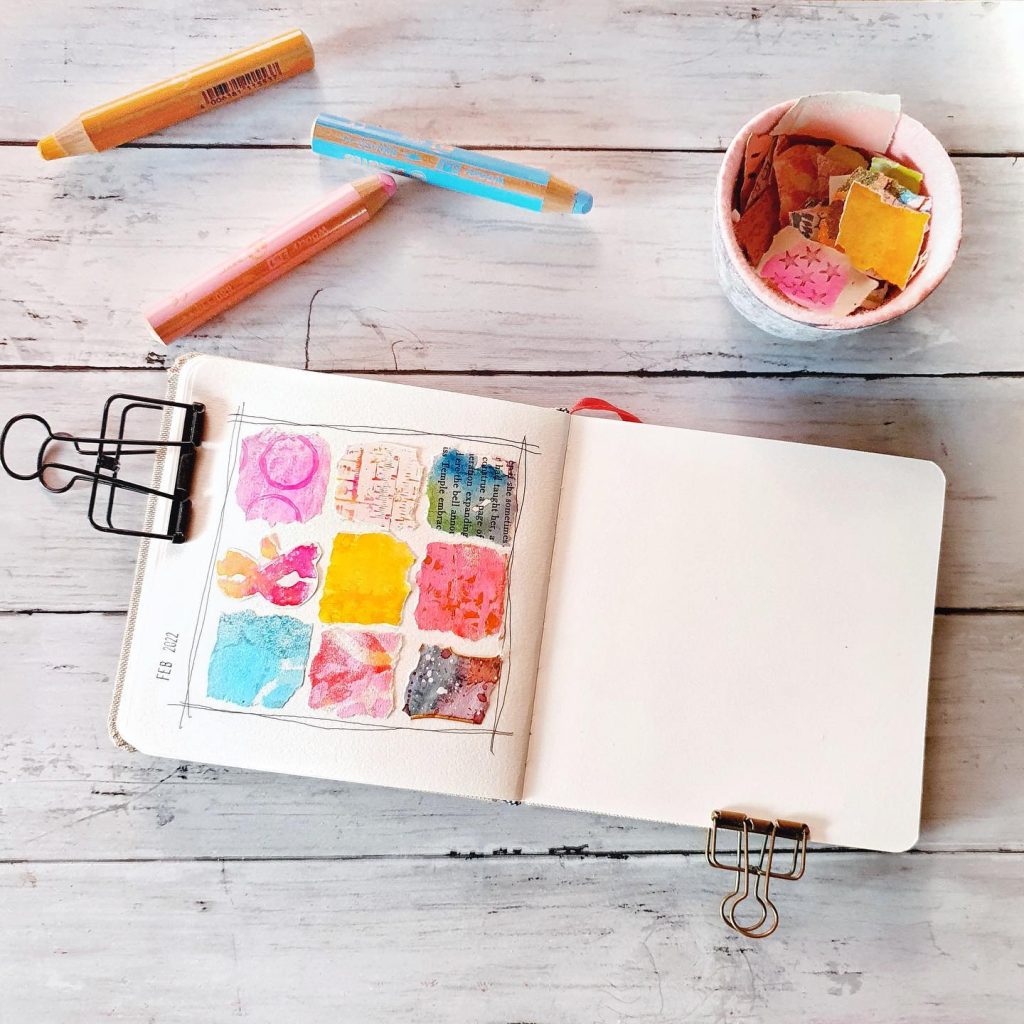
Don’t think you have to stick to a specific layout when formatting your entries. Consistency should be in the routine, not with the overall look of your journal. Embrace messiness and embrace mistakes.
It’s all about you! The process should feel easy, effortless, and enjoyable.
Journaling Prompts for Inspiration
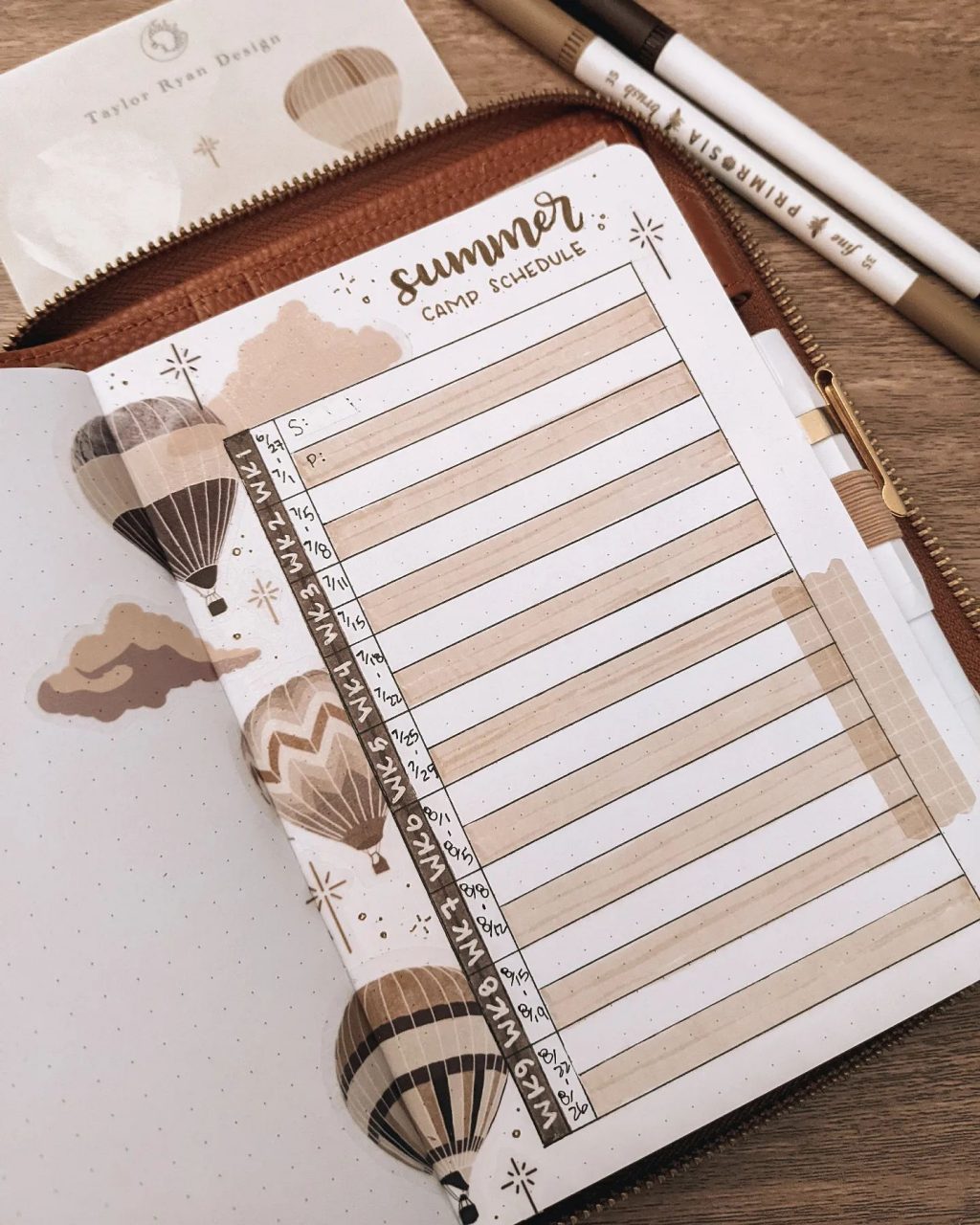
The following prompts are meant to inspire a whole page of writing or to be used as a starting point and make a blank page seem less intimidating.
Get Started With The Basics
- How are you feeling?
- How was your day?
- How do you want today/tomorrow to go?
- What was a peaceful moment today?
- What was a stressful moment today?
- What were you doing this time last year?
Practice Gratitude and Self-Care
- Write at least three things you’re thankful for
- Write a letter to your past or future self
- Write a letter to someone who has hurt you
Get To Know Yourself Better
- Start your entry with your favourite quote
- Review your favourite podcast/band/TV show/movie
- Ask yourself a random question ever day
Plan
- Write down your one, five and ten year plan
- Make plans for the upcoming season
- Create a bucketlist
For When There’s Writer’s Block
- Write down what you see, hear, or smell
- Write down random thoughts, sentence fragments, or gibberish (seriously; just the act of writing is enough to gain inspiration)
- What weird/random/fascinating/interesting fact have you learned recently?
We have a great list of 100 creative writing prompts to help you out!
Bullet Journaling
What exactly is a bullet journal? Well, think of it as a custom-made, all-in-one planner, journal, and creative outlet. Whether you’re a seasoned journaler or a newbie, bullet journaling can be tailored to suit your needs.
Bullet journal enthusiasts prefer notebooks with dot-grid pages, as they offer the perfect balance between structure and freedom to put your great ideas down on paper in a pleasingly aesthetic way.
The core of bullet journaling lies in a simple yet brilliant system developed by Ryder Carroll. It uses short, easy-to-draw symbols to represent tasks, events, and notes. For example, a dot signifies a task, a circle is used for events, and a dash is for notes. You can create your own symbols too, making it uniquely yours.
One of the best things about bullet journaling is its adaptability. You can design pages and layouts to suit your specific needs in a beautiful notebook. Whether you want a monthly calendar, to-do list, a weekly planner, or a collection of your favorite quotes, your bullet journal can be whatever you want it to be and is a great way to use your creativity.
Journaling and You
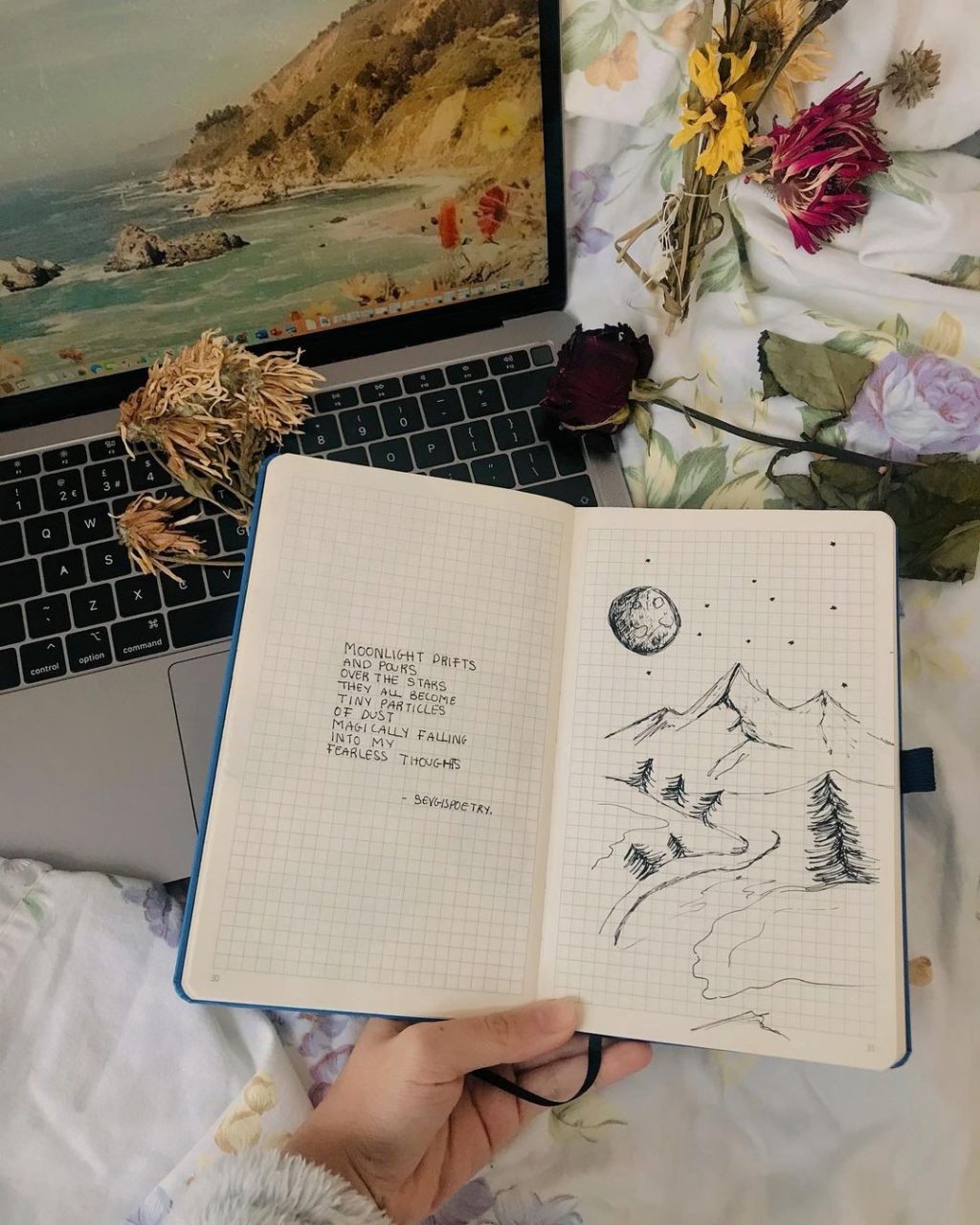
Benefits of Journaling
Daily journaling comes with many benefits like stress reduction, problem solving, memory enhancement and more. Making it a part of your regular habit is a good way to manage these things. Here are a few ways it can help with personal growth:
Helps with stress – Life can be a rollercoaster, and stress is often our unwelcome companion. But with a journal, you can vent, release pent-up emotions, and reduce stress levels. It’s like having a trusted friend who’s always ready to listen, no matter the hour. Gratitude journaling can be super helpful!
It helps you solve problems – Ever faced a seemingly unsolvable problem? Your journal can act as a brainstorming partner. As you write down the issue, potential solutions often reveal themselves. It’s like having a personal genius bar at your fingertips.
It helps improve your communication – Writing regularly enhances your communication skills. You become more articulate, expressive, and better at articulating your thoughts and feelings to others.
It improves your memory – Journaling helps cement memories. When you write about your experiences, you’re more likely to remember them vividly. It’s like turning your journal into a time machine that lets you relive cherished moments.
It helps you achieve your goals – When you put your goals and aspirations into writing, they become tangible. Journaling helps you break down big dreams into smaller, actionable steps. It’s like crafting a roadmap to your future, complete with checkpoints and milestones.
You can capture your dreams – Creating a dream journal is one way to explore the content of dreams you may be having. Dreams are often a way of our subconscious telling us something, and often, writing these down can help you figure out your emotions.
Journaling for Mental Health
Journaling gives you a safe and private space to express your emotions, whether they’re positive or negative. This emotional release can prevent feelings from bottling up and potentially leading to more significant mental health issues.
Daily journaling can be particularly helpful for managing anxiety. It allows you to track triggers and identify patterns in anxious thoughts, making it easier to develop coping strategies.
Some people use journaling as a form of mindfulness or meditation. By focusing on the present moment and describing it in writing, you can achieve a sense of calm and clarity.
Coping with grief and loss is a challenging process. Journaling can also help you work through the stages of grief and provide an outlet for your emotions.
Your journaling experience should be truly freeing. It’s a place to come exactly as you are. Use it to find yourself, rediscover yourself, or reinvent yourself.
However you choose to journal, have fun with it!
PIN THIS:
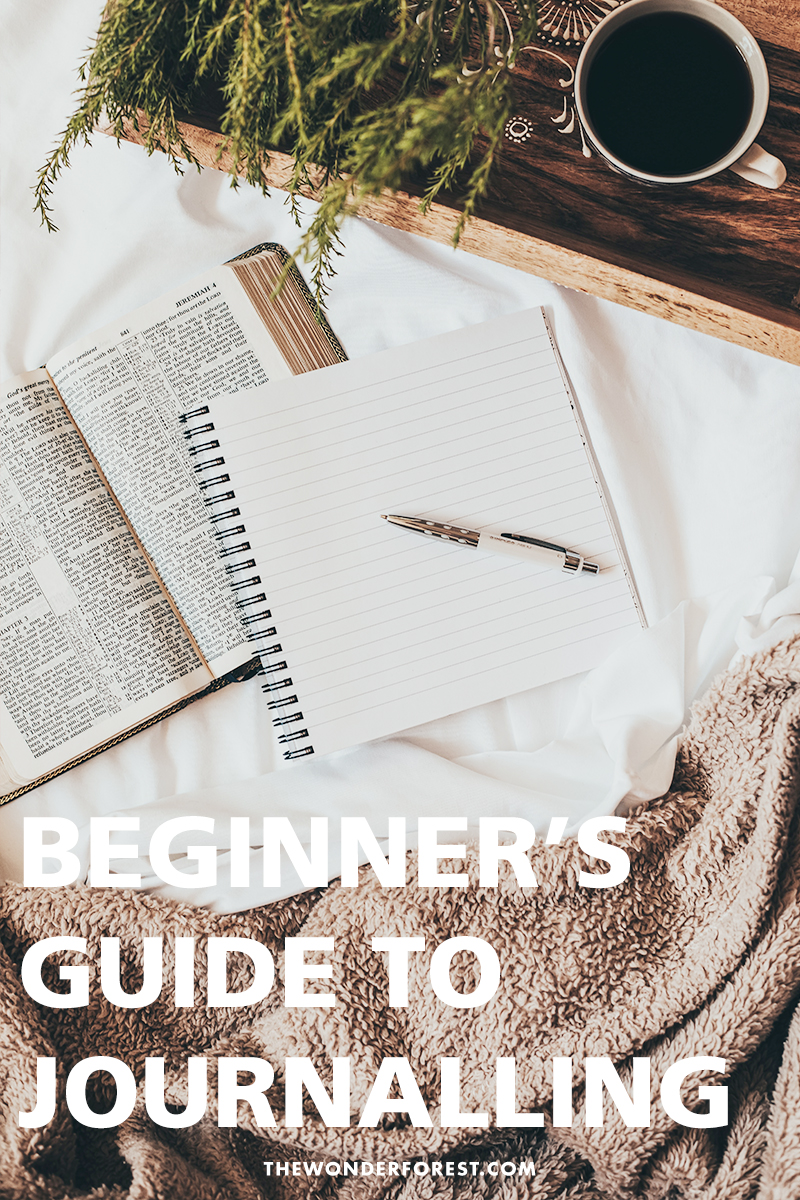
Last Updated on
